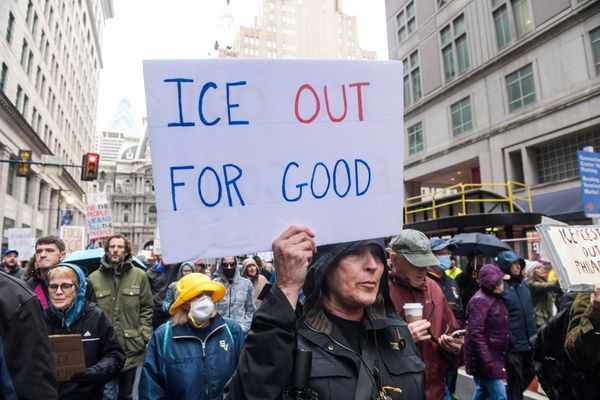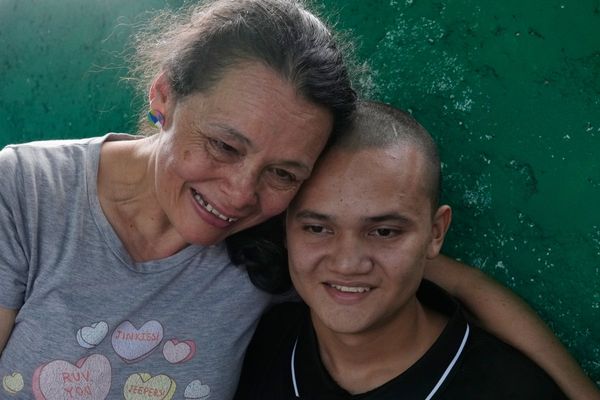- In short: Ecologists say sub-Antarctic Macquarie Island is visibly recovering, nine years after it was declared pest-free
- What's next? Scientists will analyse samples collected on the World Heritage island to better understand other threats, such as climate change
When Justine Shaw visited sub-Antarctic Macquarie Island 27 years ago, the landscape was far from pristine.
"You'd have cats jumping out of the cabbage plants, I'd have rats running up the legs of my GoreTex pants," Dr Shaw said.
"There were mice all over the food shelves in the hut."
Macquarie Island lies 1,500 kilometres south-east of Tasmania.
Dr Shaw, an Antarctic conservation ecologist, visited the World Heritage site again nine years ago, around the time an eradication program to rid the island of cats, rabbits, rats and mice was declared a success.
At that point, the landscape still had signs of extensive damage from the pests.
"You'd see chewed grasses, you'd see rabbit droppings everywhere, you'd see these devastated almost like napalm landscapes where the rabbits had eaten all the vegetation."
Dr Shaw, a senior research fellow at the Queensland University of Technology, has just returned from the island again.
This time, the difference was stark.
"We're seeing all the plants coming back, so the rabbit grazing has ceased," she said.
"Also rats aren't eating birds' eggs and baby chicks anymore, so we're seeing a lot more bird burrows — all the burrowing petrels, we're seeing them come back in the landscape.
"There's no signs of rats and so you're seeing lovely big tussock grasses coming back.
"Lots of grass blowing in the wind and catching the snow, creating habitat for birds.
She said not all plant and bird species were responding and recovering at the same rate.
"But the long game, we're confident that the island will be restored."
Pests eradicated but threats to island remain
Dr Shaw is part of an Australian Research Council initiative called Securing Antarctica's Environmental Future.
She was part of an all-women field team that spent eight days hiking across Macquarie Island, collecting invertebrate, plant and soil samples.
The team returned to Hobart on Monday.
While she's buoyed by the visible signs of recovery on the island, she said there were still threats to the island and its ecosystems.
"We know climate change is happening on Macquarie Island, we're seeing it," she said.
"The pattern of rainfall is changing and the air temperature is increasing."
The team spent time sampling a cushion plant that only grows on the island.
"In my time of going to Macquarie Island, that cushion plant has become critically endangered," Dr Shaw said.
Scientists believed climate change, coupled with a pathogen or disease, was killing a lot of the plants.
"I think we're going to see more and more of those types of things with climate change," she said.
"We're going to see climate stress, causing another emerging stress and a multiplier effect on things."
Science aims to support ongoing conservation
The scientists will spend the coming months processing and analysing their samples of soil, plants, spiders and beetles back in the lab, to better understand how the island is recovering and functioning.
QUT PhD candidate Kita Williams is trying to understand interactions between invertebrate groups such as moths and spiders, and interactions between those invertebrates and plants.
"Interactions can be complex, and changes to them can affect the entire food web and overall ecosystem function," she said.
"A greater understanding of the terrestrial ecosystem can support management, conservation, and biosecurity protections."







